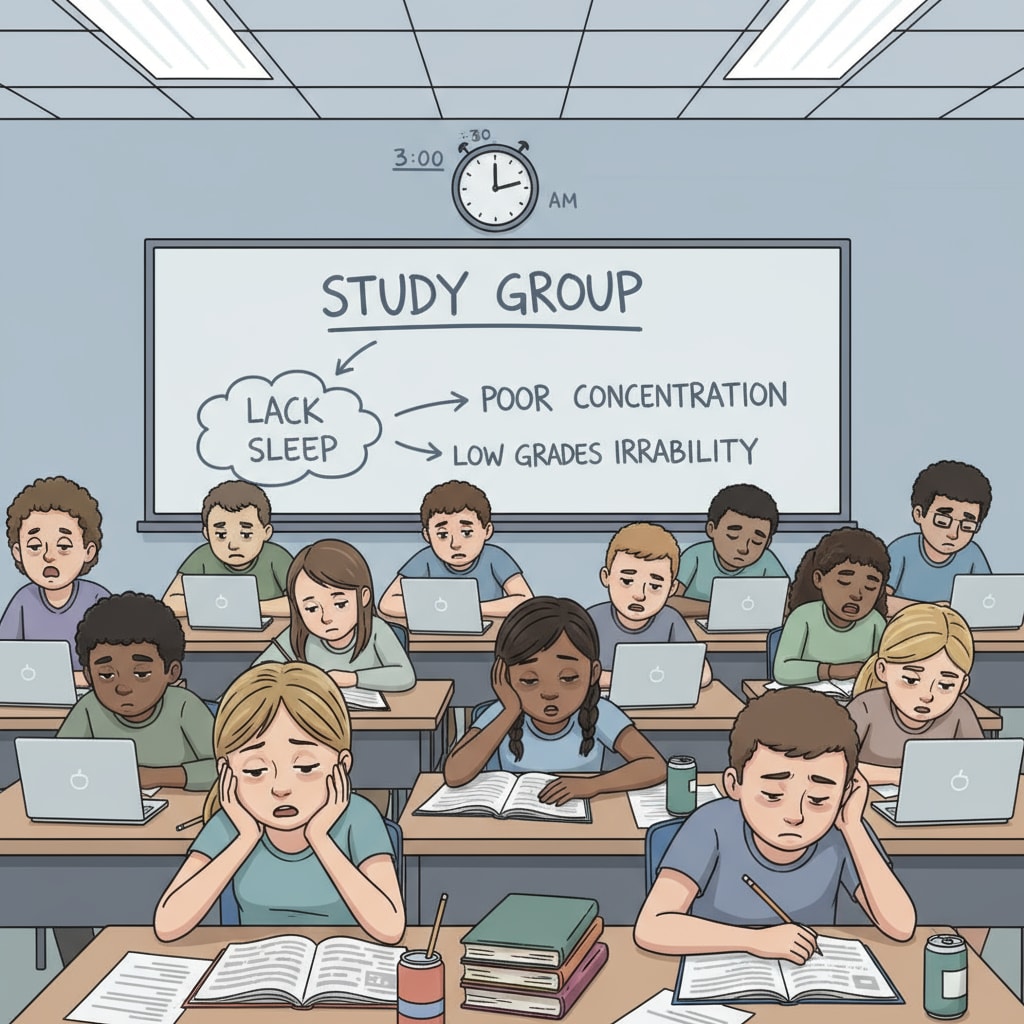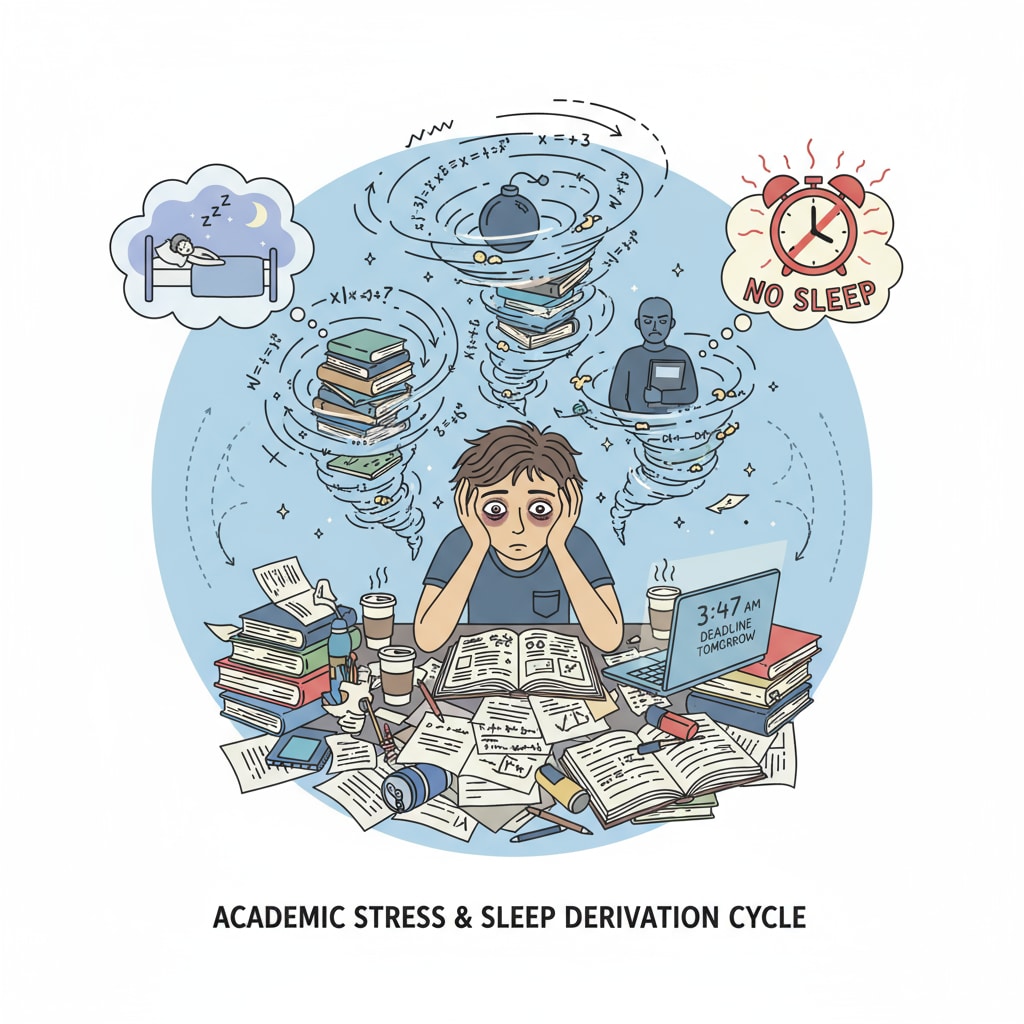In the modern K12 educational landscape, sleep deprivation, mental health, and school stress are intertwined issues that demand urgent attention. The pressure on students to excel academically, coupled with a packed schedule, often leads to insufficient sleep, which in turn takes a toll on their mental health. For example, a study by the National Sleep Foundation in the US revealed that a significant number of K12 students are not getting the recommended amount of sleep, and this has a direct impact on their cognitive function and emotional stability.

The Impact of Sleep Deprivation on K12 Students
Sleep deprivation among K12 students has far-reaching consequences. Firstly, it affects academic performance. When students are sleep-deprived, their concentration levels drop, making it difficult for them to absorb new information. According to a report from the American Psychological Association, sleep is crucial for memory consolidation, and without enough sleep, students may struggle to recall what they have learned. Secondly, it takes a toll on mental health. Lack of sleep can lead to increased anxiety, depression, and irritability. These emotional issues can further exacerbate the stress students feel in the school environment.
School Stress and Its Link to Sleep Deprivation
The pressure from school, including excessive homework, frequent exams, and high expectations from parents and teachers, is a major contributor to sleep deprivation. Many students find themselves staying up late to complete assignments, sacrificing their sleep in the process. In addition, the competitive nature of the education system can create a constant sense of stress, making it difficult for students to relax and fall asleep. This vicious cycle of school stress and sleep deprivation needs to be broken for the well-being of K12 students.

To address these issues, it is essential for students to take control of their sleep schedules. By setting a regular bedtime and wake-up time, students can regulate their body’s internal clock, making it easier to fall asleep and wake up naturally. In addition, creating a conducive sleep environment, such as a dark, quiet, and cool room, can also improve the quality of sleep. Moreover, parents and teachers should play an active role in reducing the pressure on students. They can encourage a healthy balance between study and rest, and provide support when students are feeling overwhelmed.
In conclusion, sleep deprivation, mental health, and school stress are complex issues that affect K12 students. By prioritizing sleep, students can regain control of their lives, reduce stress, and improve their mental health. It is time for the education system, parents, and students themselves to work together to create a healthier learning environment where students can thrive.
Readability guidance: Using short paragraphs and lists helps summarize key points. Each H2 section provides a list of relevant information. Passive voice and long sentences are kept to a minimum, and transition words are added throughout the text to enhance flow.


